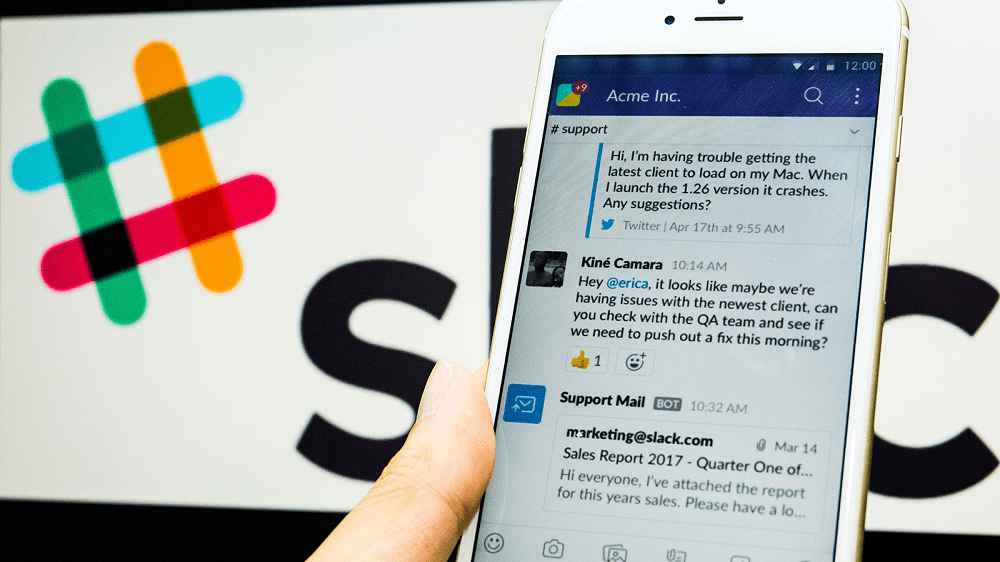Do you remember floppy discs, magnetic tape, or compact discs? What about flash, zip, or USB drives? These are all are predecessors of the “cloud.”
Memory, or information storage, has changed beyond the imaginations of this technology’s creators. Information that once required magnetic drums that weighed 2.5-3 tons now fits on a USB drive with room to spare. Computer memory used to be limited to the type of hardware we could afford to have and find room to fit in our homes. These limits were blown sky high in 2006 when Amazon Web Services launched the first cloud storage options.
Simply put, the cloud is a series of computers hooked up working together to make one giant server to store data, and is then networked to the internet to allow you to save your information without those computers being located physically in your home. Touted for its cost effectiveness, security, and ease of access, most of us don’t even question whether or not we really need to use cloud services for storage. But do we?
Contents
Reasons to Avoid the Cloud
The Koofer Blog estimates that the average person taking 21 pictures and a minute-long video a week will need about 10 GB per year. You can pick up a 16 GB SanDisk thumb drive from Amazon right now for $4.99. Walmart has a 32 GB SanDisk thumb drive for $7.49. That’s a little over three years’ worth of storage, and you don’t even have to worry about whether or not you have wireless to access it. No monthly fees either. Ask yourself again, do you really need cloud storage?
Storage needs aside, there are other factors to consider when determining whether or not to use cloud storage:
Security
There were nine major cloud security breaches in 2019 by September alone, ranging from social sites like Facebook and Fortnight, the Oklahoma Department of Securities, Capital One, and even data storage company Elastisearch cloud storage. Cloud security isn’t as strong as the tech world would like us to believe.
Privacy
Think your data is locked up tight? It’s not. The government can request cloud storage companies to surrender your data, and the companies decide whether or not to comply, not you. If you really want to keep your data secure, you’ll probably want to choose another option.
Cost
As mentioned before, why pay monthly fees? The average person can meet their storage needs with an inexpensive USB drive or other available options. Making the switch to alternate storage can keep money in your pocket.
3 Storage Options
Here then, are three alternatives to cloud storage for your data for you to check out.
External Hardware
Buy yourself a storage device that plugs into, but is not part of your computer. You have a variety of options to choose from, and can make it as simple or complicated as you like. As mentioned previously, you could pick up a USB thumb drive – there are even versions available to use with both your computer and your phone. You can use an external hard drive. They do cost more, but have a larger amount of storage space (harder to lose too). Finally, there are a multitude of videos online that show you how to link multiple computers together to build your own server.
Use Your Router
If you have a good router, you can make your own personal “cloud.” Grab that USB or external hard drive, and instead of plugging it into your computer, plug it into your router instead. This not only allows you to transfer your files, but everyone in your home as well. Just make sure that you keep your router’s and security software up to date.
“Cloud” Devices
Want your own “cloud,” but don’t want to build it yourself? If cost isn’t an issue, there are several slick devices on the market today that allow you to store and access data with multiple users without connecting to the web. With their sleek look and compact design, they’ll be far more discreet sitting on a shelf in your living room versus a drive plugged into your computer or a router. Their storage capacity is massive. It’s your own personal wireless server bank in a neat little box.
Avoiding the cloud has one major benefit not yet mentioned: control. When you choose a storage system offline you make all the decisions: format, access, amount, appearance, cost, and security. It’s your information – your finances, memories, music – why should you let someone else set the terms and conditions about their storage? Make sure you keep in mind all of your options when you choose how to save your data



